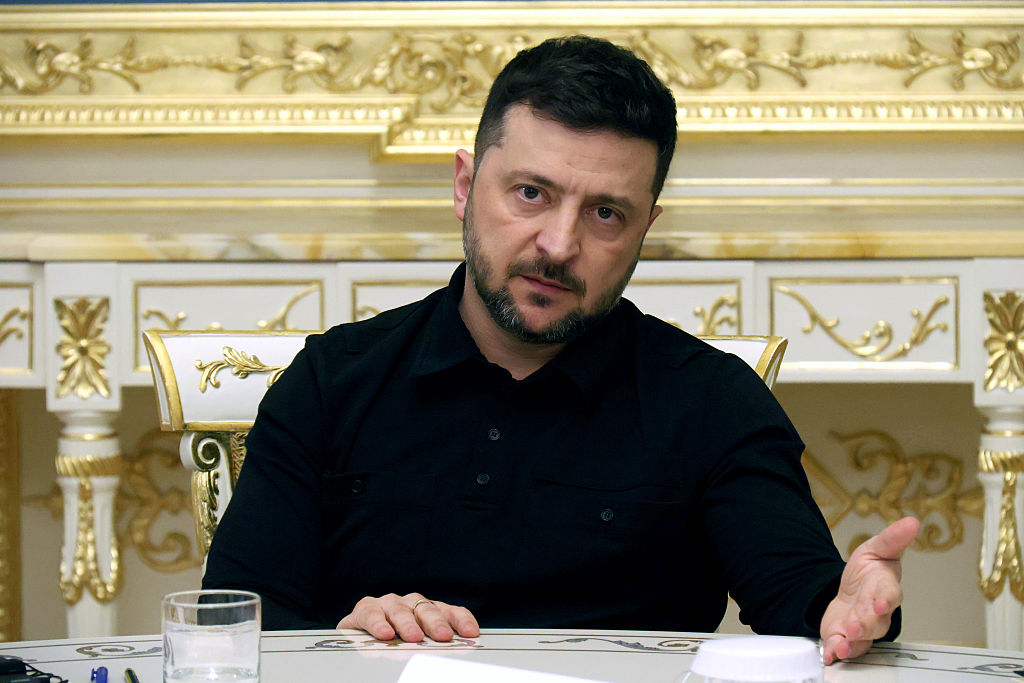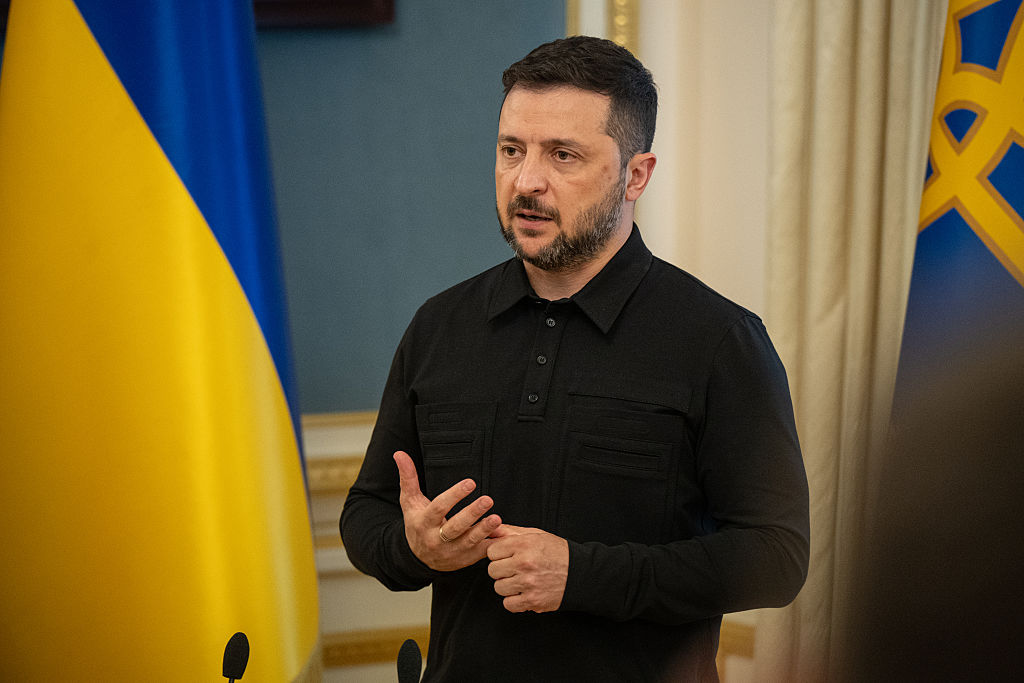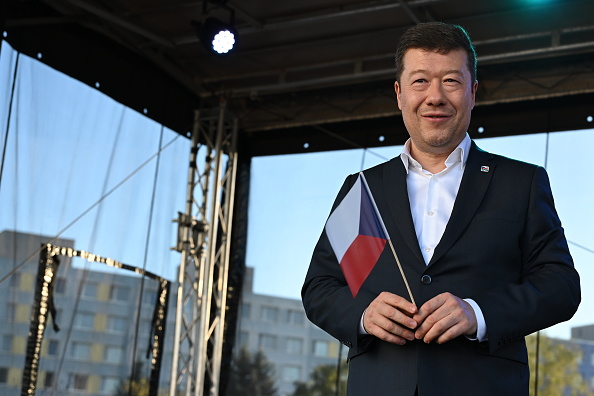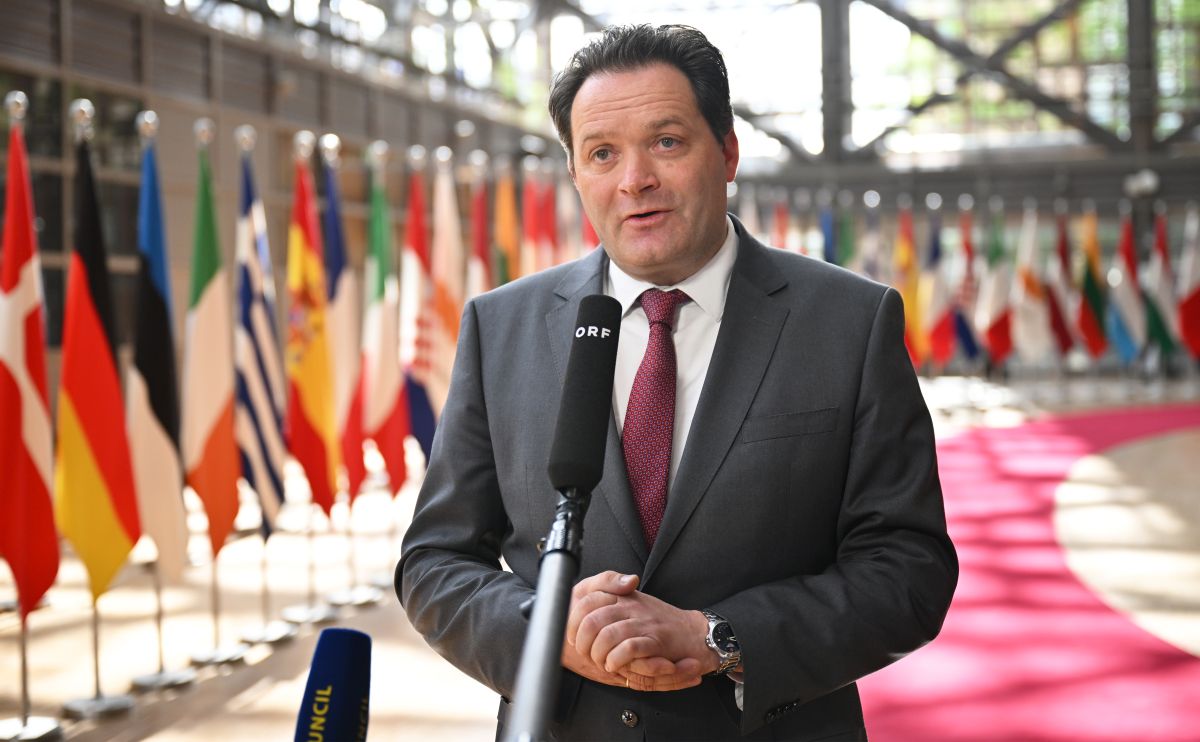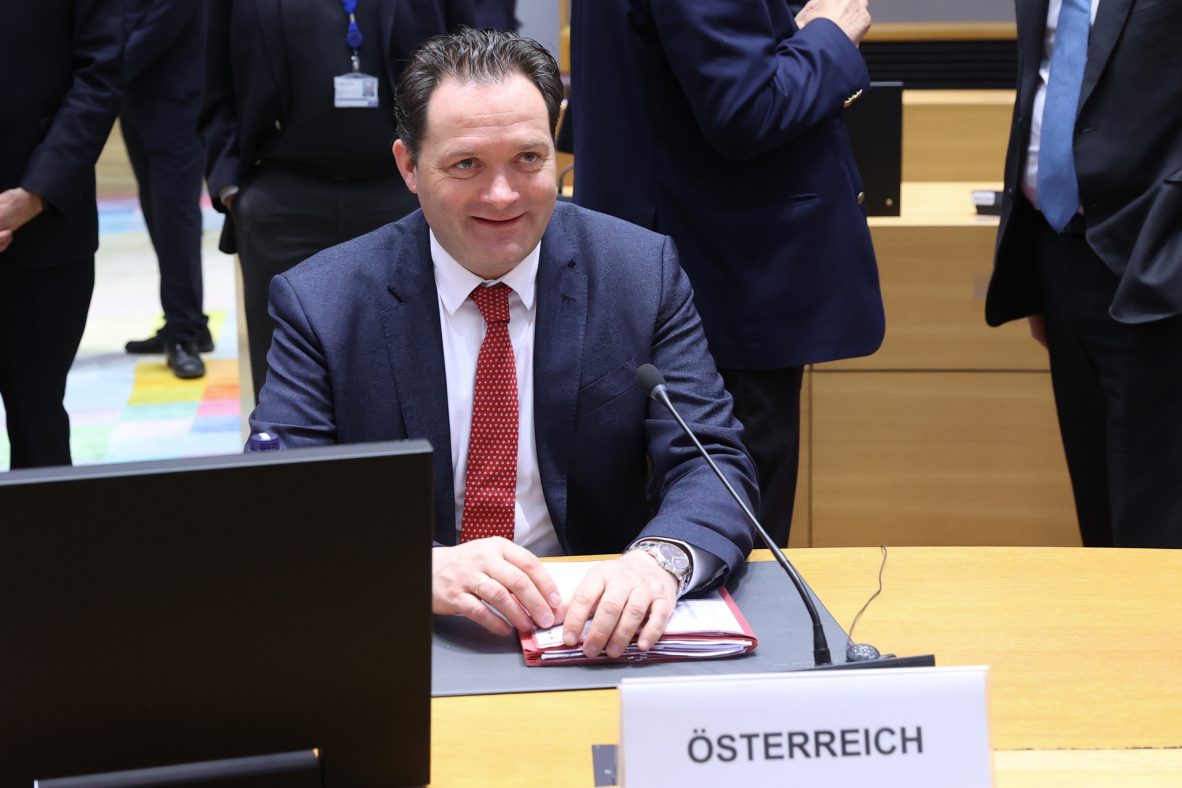Austria rules out weapons purchases with Russian frozen assets
Along with needing to clarify the legal framework, Marterbauer insisted that "Austria's neutrality must be taken into account"
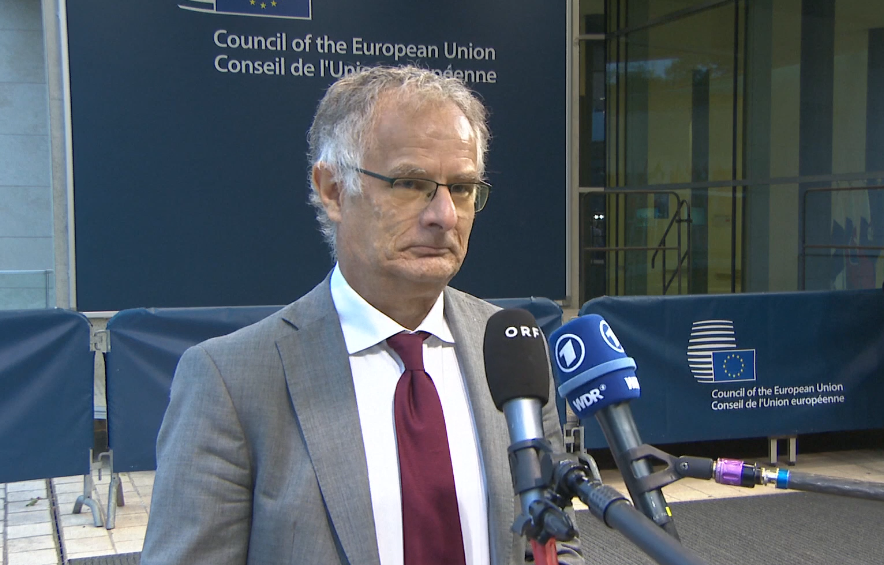
Funds from Russia’s frozen assets in the EU “cannot be used directly for arms purchases,” said Austria’s Finance Minister Markus Marterbauer ahead of Friday’s meeting of EU finance and economy ministers in Brussels.
Speaking to reporters, Marterbauer explained that ministers would first have to look at the European Commission’s “innovative” proposal on how to convert Russian frozen funds into money for loans to Kyiv. Those assets have been immobilised since Moscow began its full-scale invasion of Ukraine in 2022.
Along with needing to clarify the legal framework, Marterbauer insisted that “Austria’s neutrality must be taken into account”, which he said would rule out direct weapons purchases with the money. Austria is one of four militarily neutral EU countries, alongside Ireland, Malta, and Cyprus.
Vienna is also not alone in voicing reservations. Belgium wants clarity on the legal justification of the plan, and to ensure financial responsibility is shared fairly among member states. This is especially important since Russia’s frozen assets are held by Euroclear, a Brussels-based clearing house.
Belgian PM De Wever leaves door open for Ukraine reparation loan
COPENHAGEN – Belgian Prime Minister Bart De Wever said on Thursday that he would back…
3 minutes

Commission President Ursula von der Leyen has already said that “Belgium cannot be the only member state carrying the risk,” and that “the risks have to be put on broader shoulders.”
Roughly €210 billion in frozen Russian assets are held in the EU, which generate around €3 billion in annual profits.
Despite the caveats, Marterbauer was also hopeful of finding a way forward. “I believe there are plenty of possibilities around this, and I consider this proposal to be very innovative and worthy of discussion.”
(mm)





